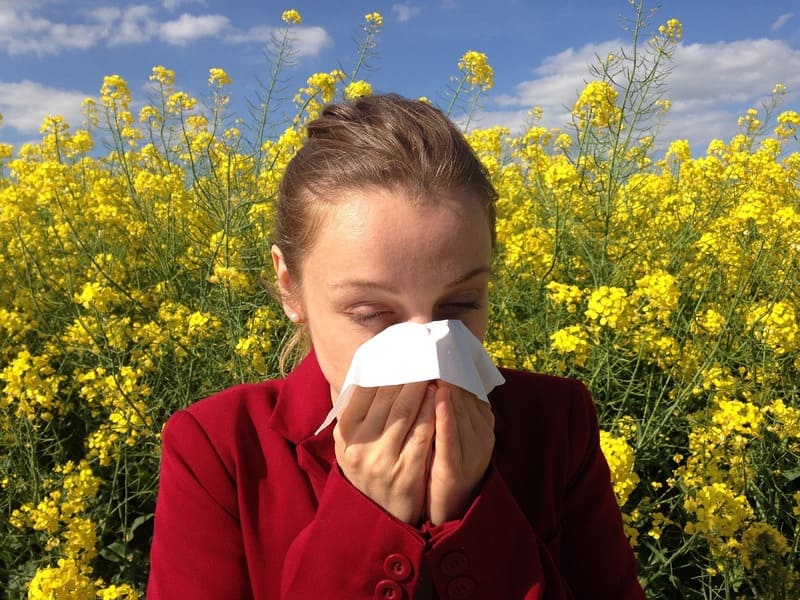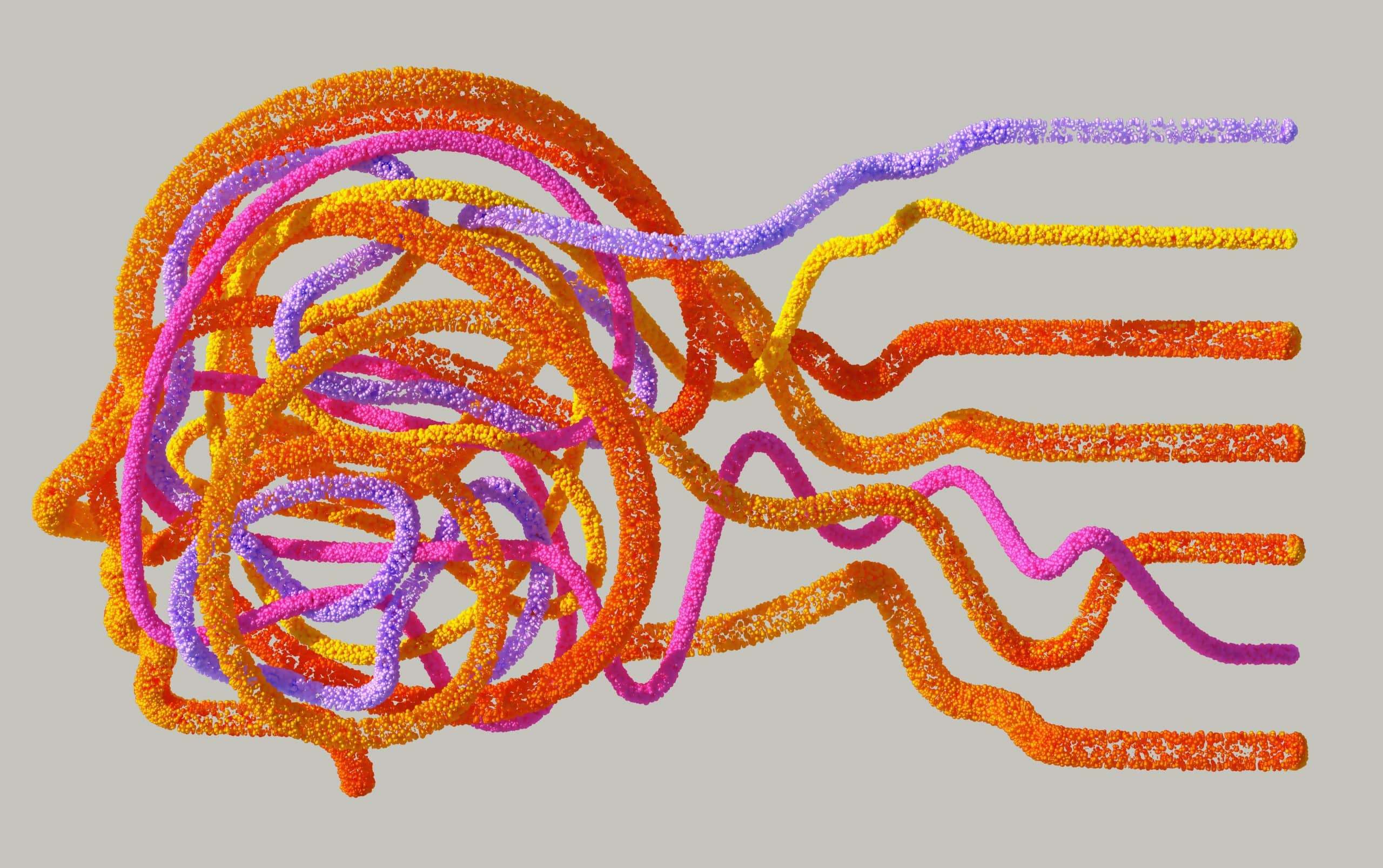Seasonal allergies, affecting millions of people globally, are a significant health concern, especially during specific times of the year. These allergies occur when the immune system reacts to certain environmental triggers such as pollen, mold, or dust mites. For many, the changing seasons bring an increase in symptoms like sneezing, itchy eyes, and congestion. While these allergens may be unavoidable, managing your symptoms effectively can greatly improve your quality of life.
Understanding Seasonal Allergies
Seasonal allergies, also known as allergic rhinitis and hay fever, are allergic reactions triggered by specific environmental factors that vary with the seasons. When the immune system identifies harmless substances—such as pollen or mold—as threats, it overreacts by releasing chemicals like histamine. This leads to symptoms like itchy eyes, congestion, and sneezing. Unlike perennial allergies, which occur year-round, seasonal allergies are more common during specific times when allergens are at their peak.
Common Triggers of Seasonal Allergies
Several common allergens play a major role in triggering seasonal allergies:
- Pollen: Produced by weeds, trees, and grasses, pollen is one of the primary causes, with peak seasons in summer, spring, and fall.
- Mold: Spores from mold thrive in damp environments and can be particularly problematic during wet months.
- Dust Mites: These microscopic creatures live in household dust and can cause reactions year-round.
- Pet Dander: Small flakes of skin shed by pets can be potent allergens, especially in homes with furry animals.
Symptoms
Symptoms of seasonal allergies can vary in intensity, but typical reactions include sneezing, congestion, runny nose, and itchy eyes. Many people also experience fatigue, difficulty sleeping, and even asthma-like symptoms or other respiratory issues. For some, these symptoms can even trigger or exacerbate underlying health conditions like asthma or sinusitis, further complicating day-to-day life. These symptoms can be disruptive, making it challenging to focus on daily tasks, enjoy outdoor activities, or get a restful night’s sleep.
Effective Lifestyle Modifications
One of the most effective ways to manage seasonal allergies is by controlling your indoor environment. By closing windows during high pollen counts, you limit exposure to allergens like tree, grass, and weed pollen, which are at their peak during certain times of the day. HEPA (High-Efficiency Particulate Air) filters are great for improving indoor air quality as well. These filters trap small airborne particles, including pollen, mold spores, and dust mites.
Frequent cleaning is crucial in reducing allergens. Dust with a damp cloth to prevent pollen and dust from becoming airborne. Use a vacuum with a HEPA filter to capture small particles. Washing your bedding in hot water weekly helps eliminate dust mites and mold, ensuring your sleeping environment is as allergen-free as possible. Timing plays a crucial role when it comes to managing seasonal allergies as well. By limiting outdoor activities during these times, you reduce the amount of pollen you’re exposed to.
After spending time outdoors, it’s essential to wash away any pollen or mold spores that may have settled on your skin, hair, and clothing. Showering and changing clothes as soon as you return indoors helps prevent these allergens from spreading throughout your home. Rinsing off removes particles that may cause allergic reactions, reducing the risk of triggering symptoms such as itchy eyes, sneezing, and congestion. This simple habit can go a long way in minimizing allergy flare-ups.
Medications to Manage Symptoms

Over-the-Counter (OTC) Medications
Antihistamines are commonly used to treat seasonal allergy symptoms like itching, runny nose, and sneezing. These medications work by blocking histamine receptors, which are responsible for triggering allergy symptoms. Popular OTC antihistamines include Claritin, Zyrtec, and Allegra. They help relieve discomfort without causing drowsiness in many cases, making them a first-line treatment option.
Steroid nasal sprays work to reduce inflammation in the nasal passages. Unlike antihistamines, which target histamine, nasal sprays treat the underlying swelling and congestion. These sprays can be more effective for nasal symptoms but may take a few days to provide full relief. Decongestants like Sudafed are useful for relieving nasal congestion by narrowing blood vessels in the nasal passages. However, they are intended for short-term use only. It’s important to note that prolonged use can lead to something called rebound congestion, making symptoms worse over time.
Prescription Medications
For long-term relief, allergy shots (immunotherapy) can help build your tolerance to specific allergens over time. These shots expose you to small amounts of the allergen in increasing doses, gradually reducing your body’s reaction. The treatment can take several months or years, but it offers significant benefits for many people. When OTC treatments don’t provide enough relief, stronger prescription nasal sprays may be necessary.
Natural Remedies to Complement Treatment
Nasal irrigation is a simple and effective way to clear allergens from your sinuses. Using a neti pot or saline rinse, you flush out mucus, pollen, mold, and other irritants from your nasal passages. This method helps reduce congestion and relieves pressure in the sinuses. When using a neti pot, always use sterile or distilled water to avoid infection. Tilt your head over a sink, pour the saline solution into one nostril, and let it flow out the other. Ensure you clean your neti pot thoroughly after each use.
Peppermint, eucalyptus, and lavender oils can help reduce nasal inflammation and promote clearer breathing. Peppermint oil contains menthol which can open airways and ease congestion. Eucalyptus oil works as a decongestant and antimicrobial, helping clear mucus. Lavender oil is soothing and can reduce inflammation. You can use essential oils in a diffuser to inhale their vapors or apply diluted oils topically to your chest or neck using a carrier oil like coconut oil. Be sure to patch-test before topical use to avoid skin irritation.
Wrapping Up
Managing seasonal allergies effectively requires a combination of strategies. Lifestyle changes, such as creating an allergy-free home environment and taking outdoor precautions, can significantly reduce your exposure to allergens. Medications, both over-the-counter and prescription, offer relief from symptoms and help manage inflammation. Additionally, natural remedies like nasal irrigation, essential oils, and herbal supplements can complement other treatments. Consult with your healthcare provider to pinpoint your specific triggers and find the best course of action for your symptoms.










